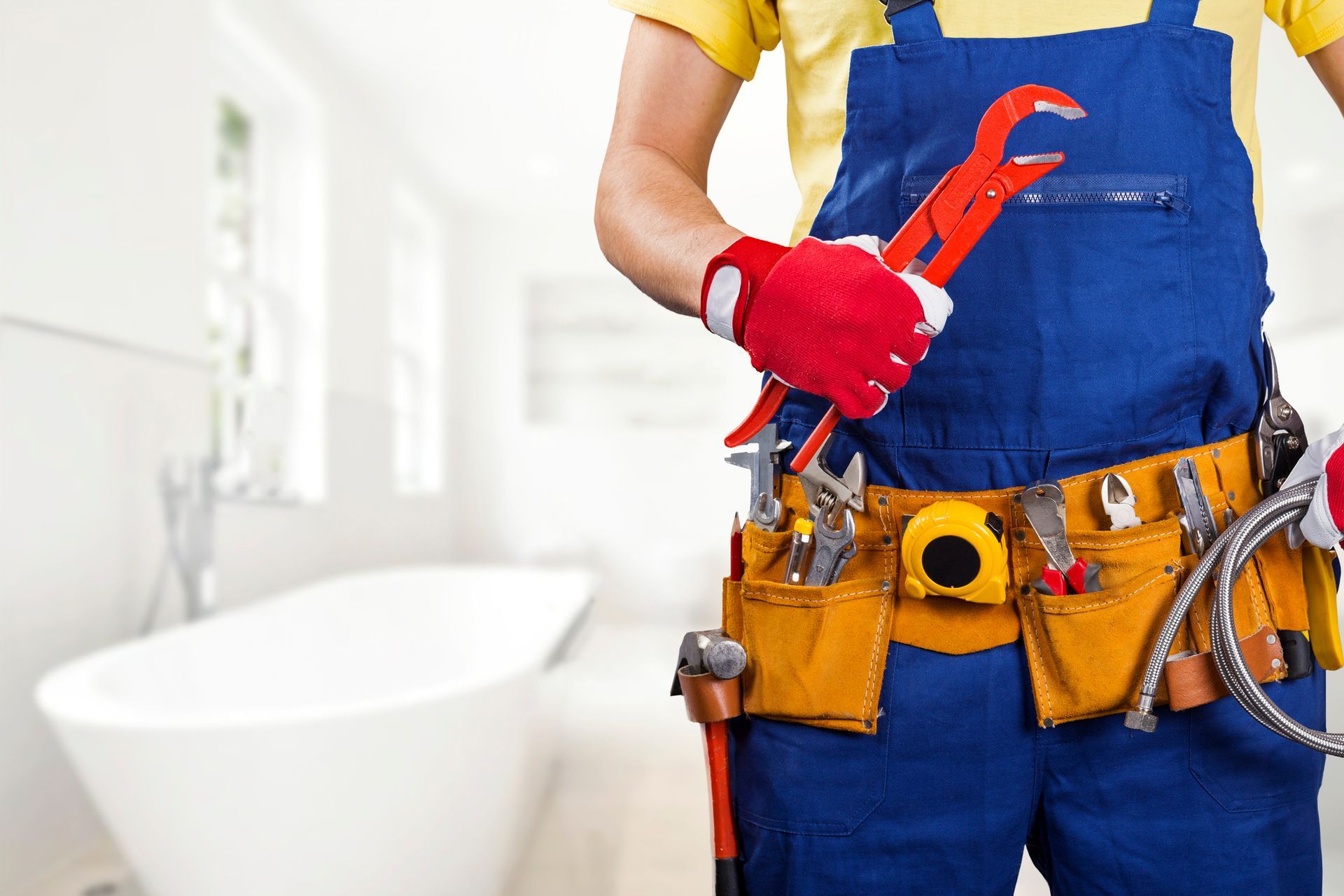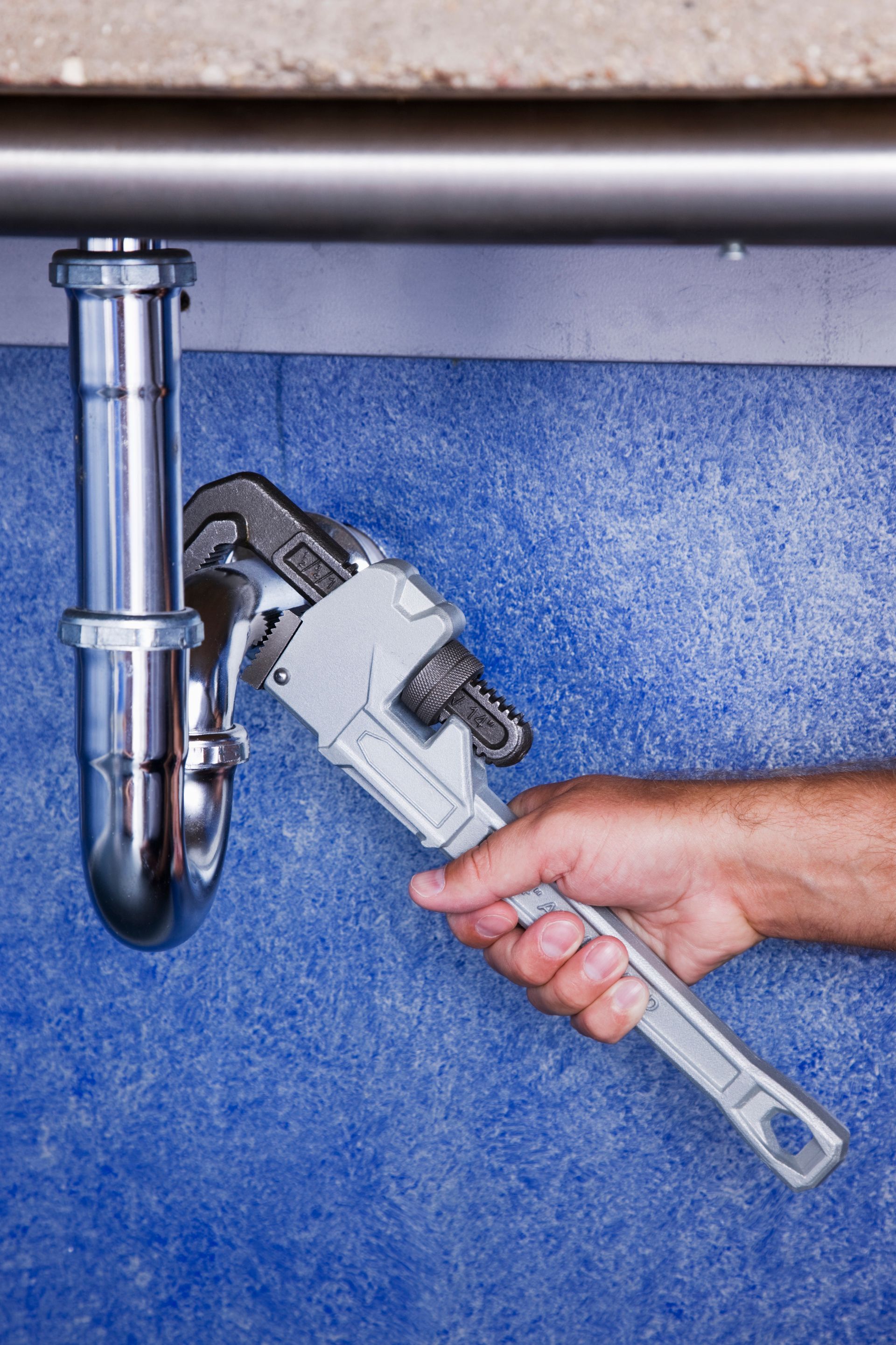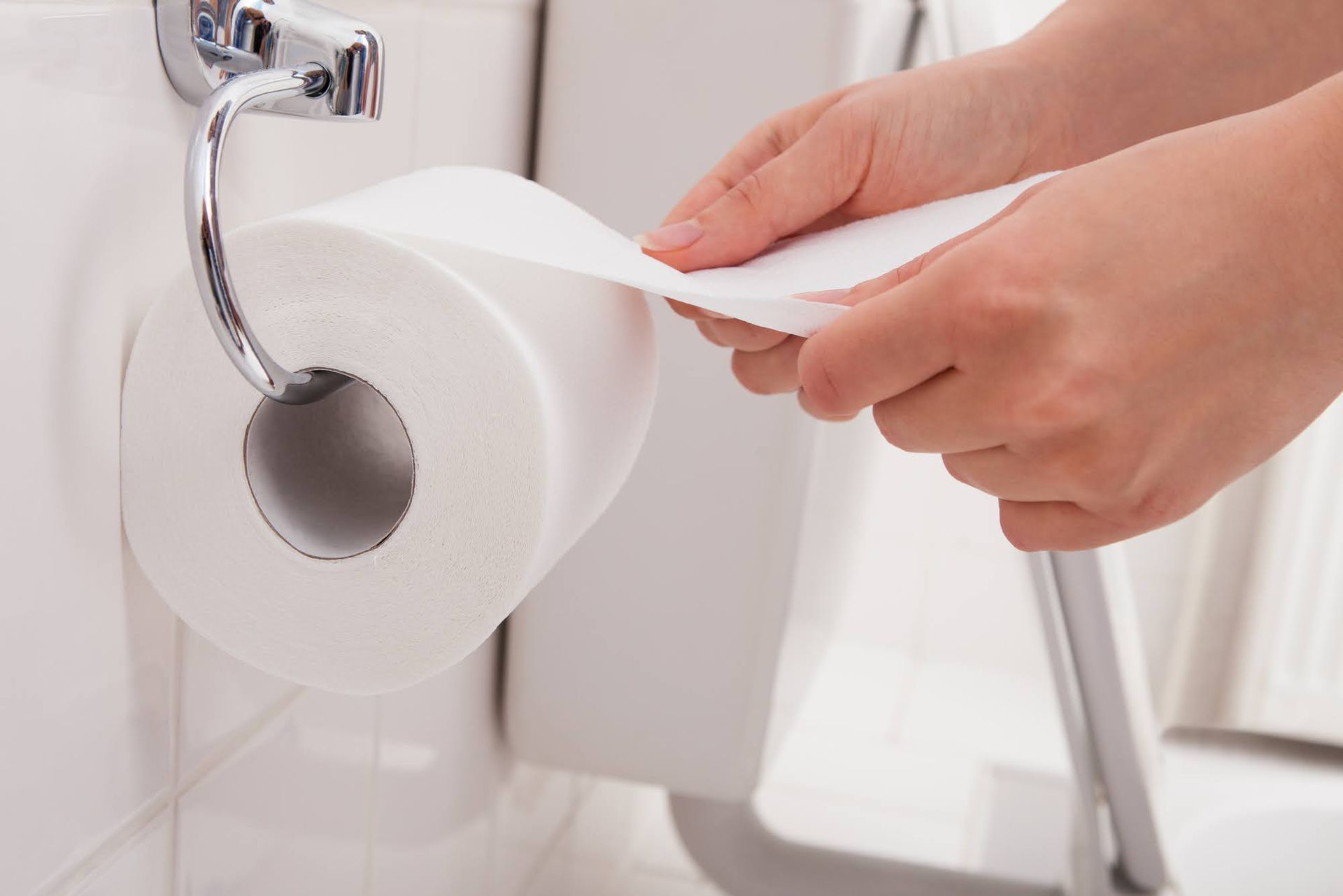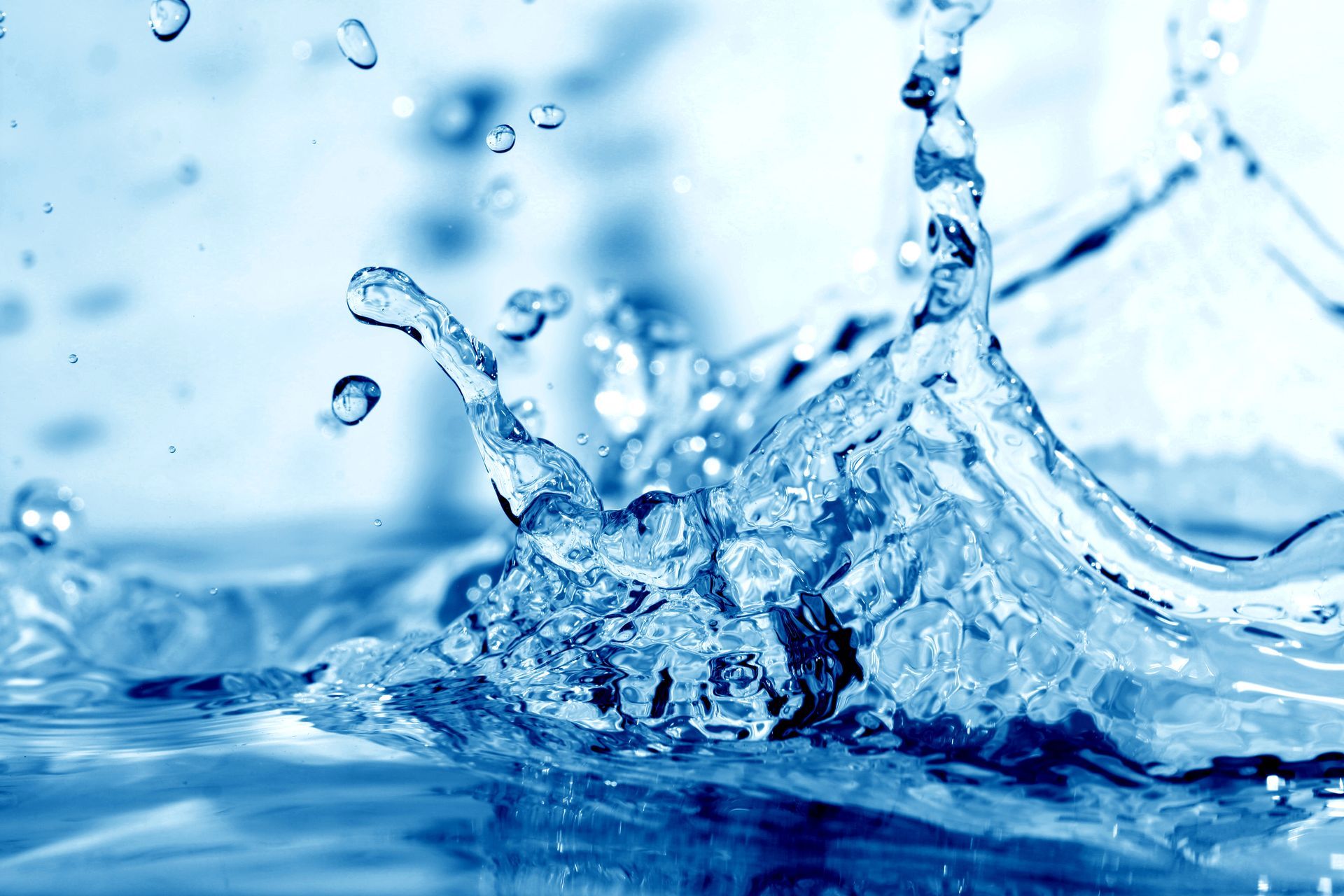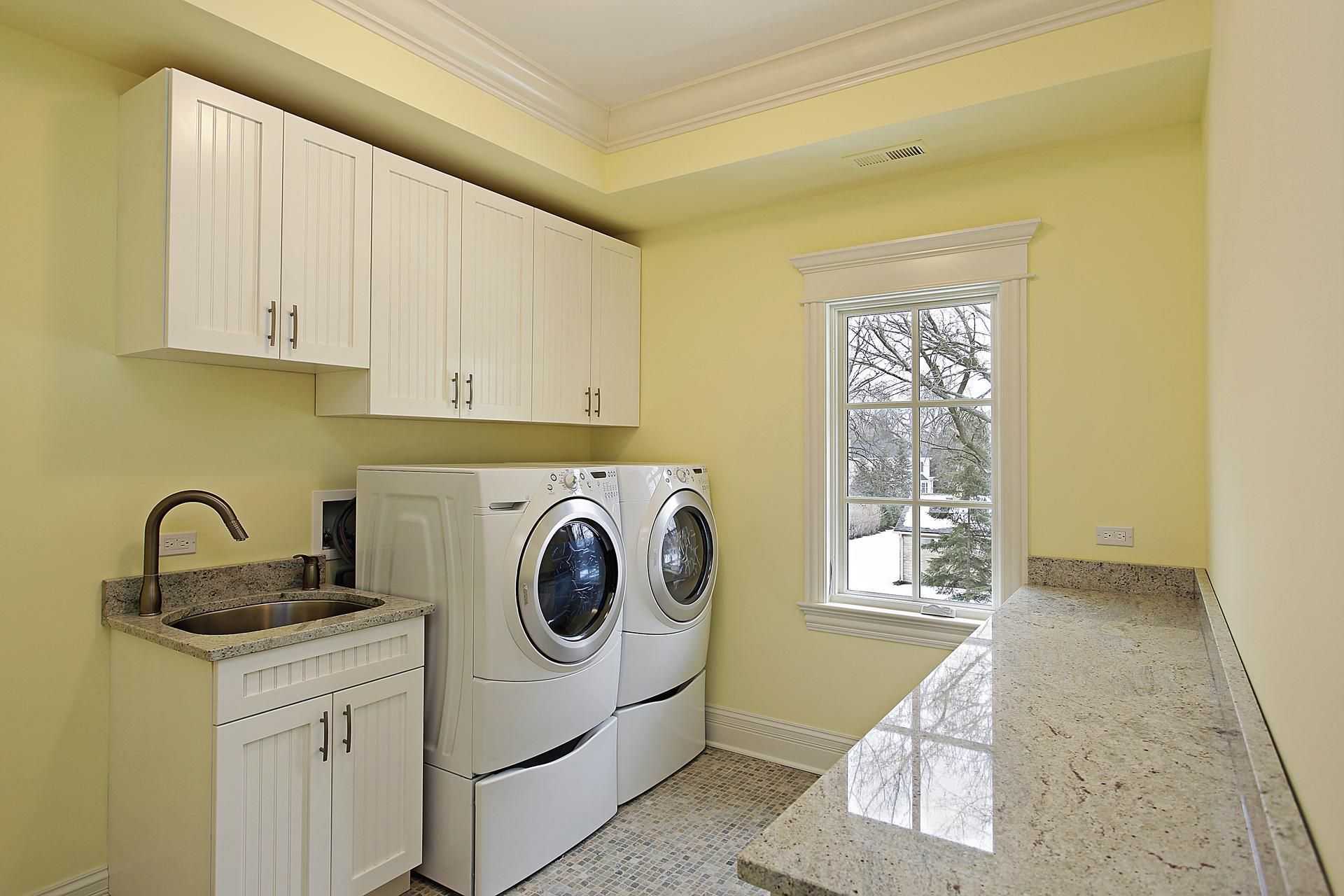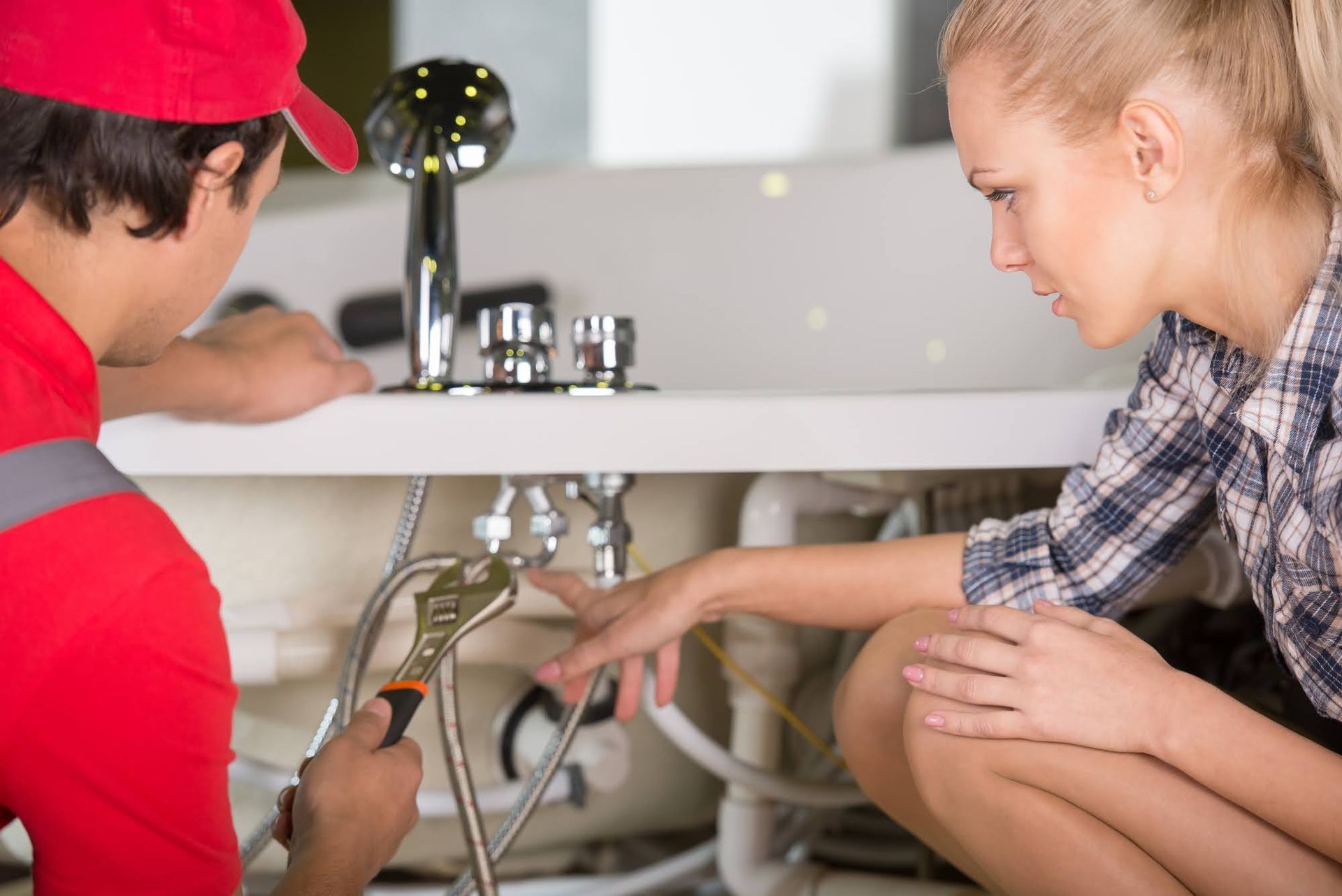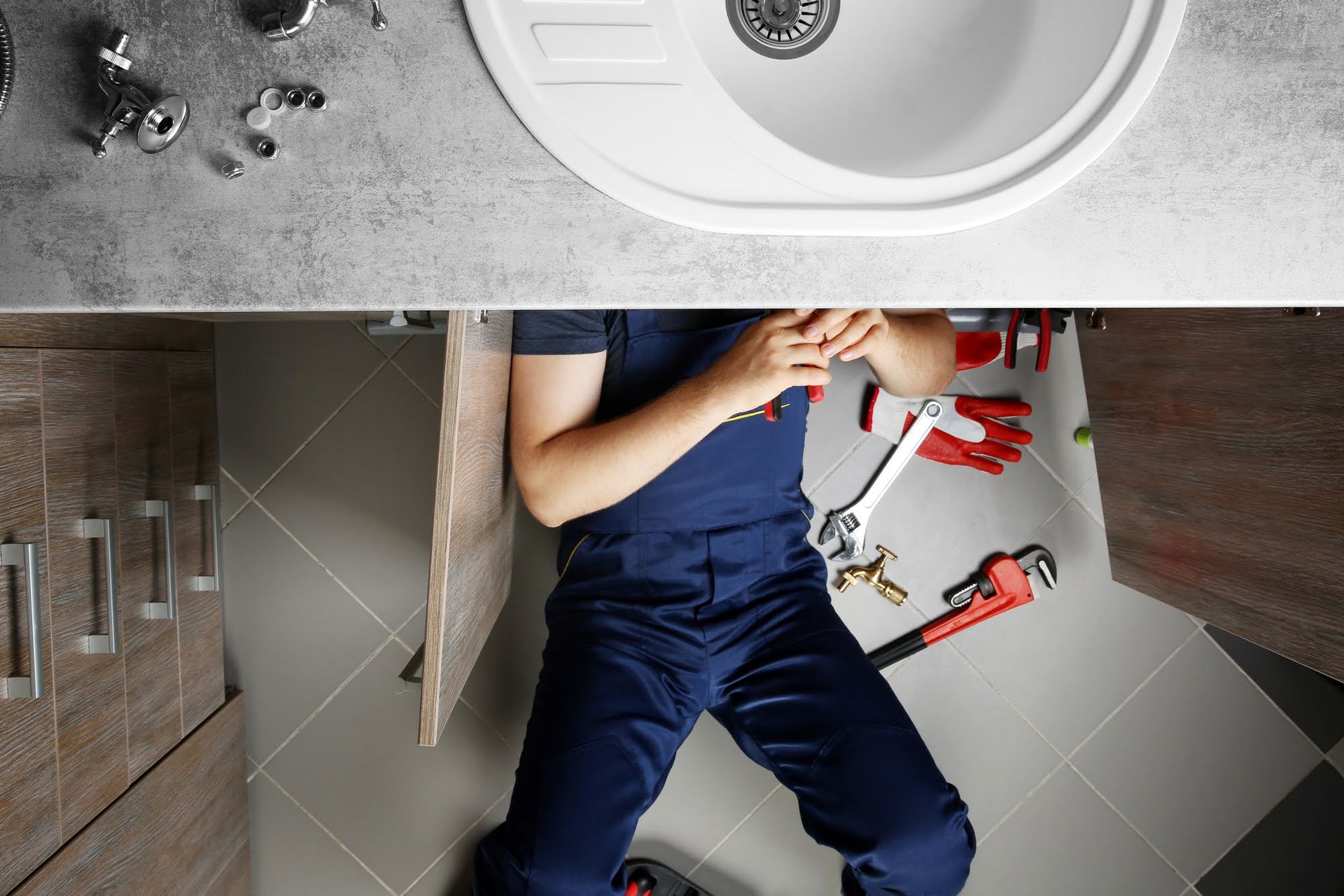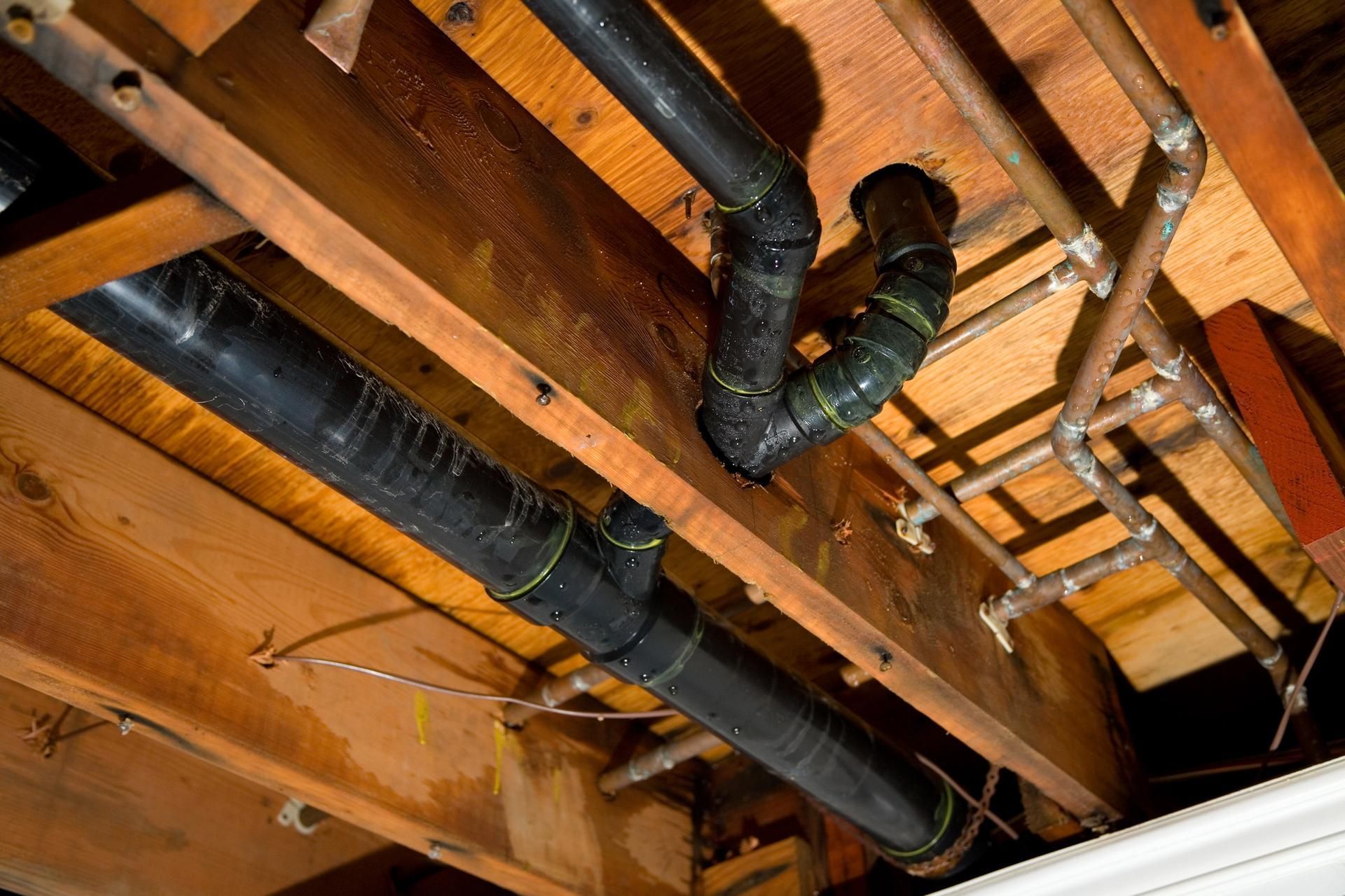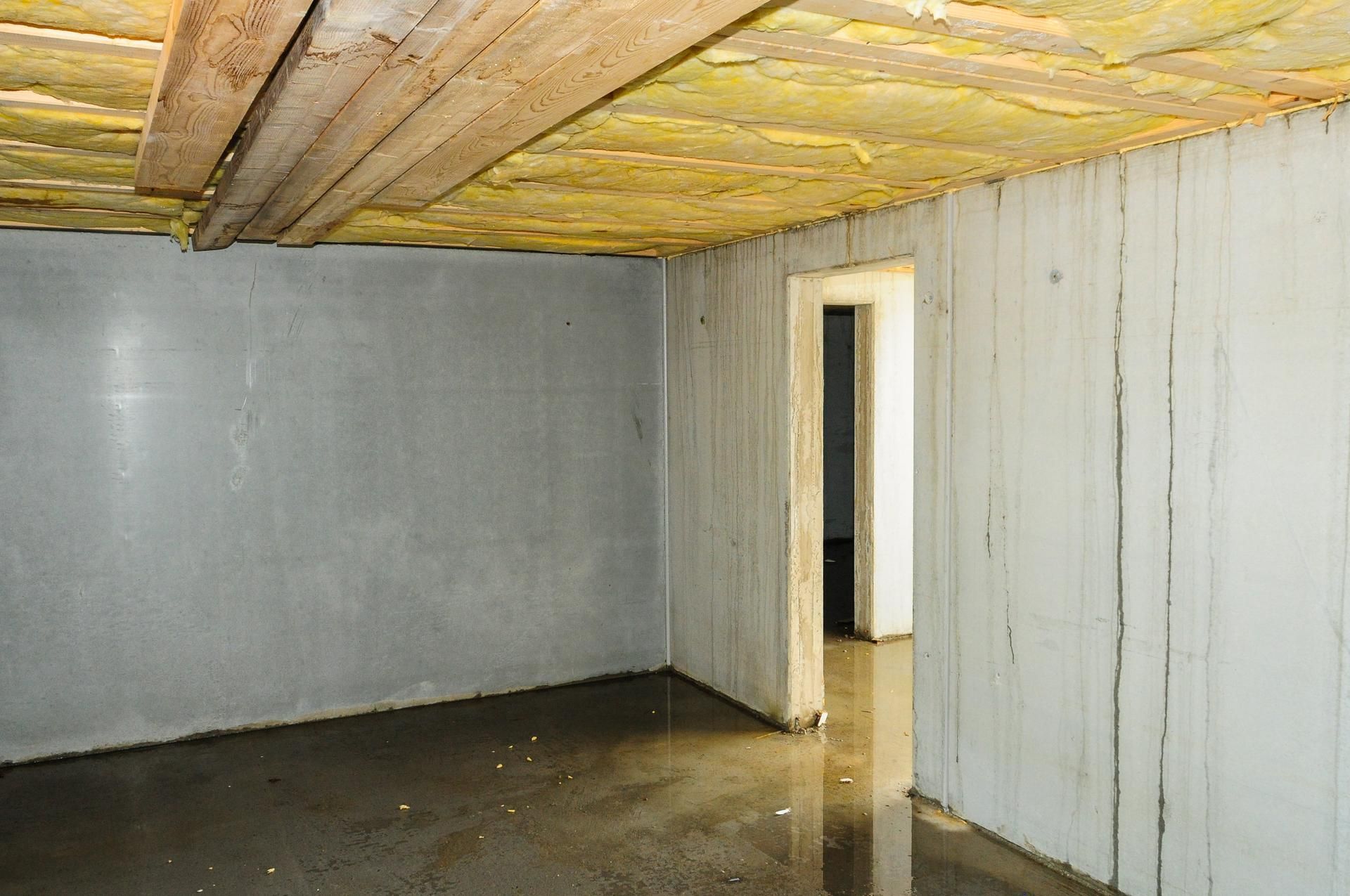Blog
5 Common Sump Pump Problems
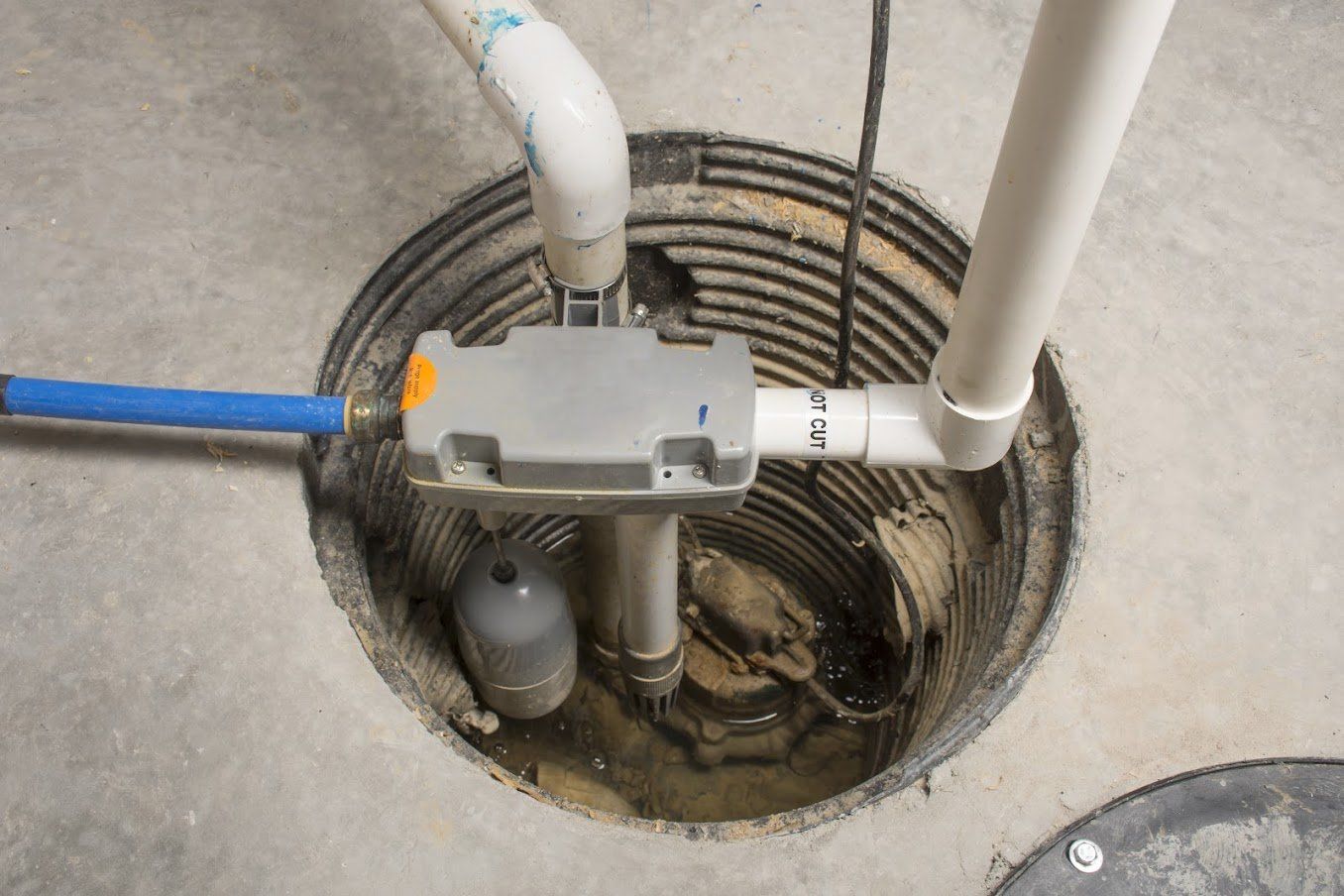
A sump pump is essential for protecting your home from water damage, whether from floods or a plumbing leak. Once installed in your basement or crawlspace, the sump pump removes any excess water from flood events and drains the water away from your home.
A sump pump failure leaves your home vulnerable to water damage. Therefore, you must be able to quickly identify sump pump problems when they arise and call your plumber to fix them.
Below are five sump pump problems to look out for.
1. Overworked Sump Pump
After continuous heavy rains, your sump pump may be unable to handle the water volumes in your basement or crawlspace. When your sump pump overworks, the system may break down or burn out. This is a common problem in poor-quality sump pump models.
To avoid a situation where your sump pump fails due to overwhelming water volumes, upgrade to a model with a better capacity. Alternatively, install an additional sump pump to remove large volumes of water after storms.
2. Wrong Size of Sump Pump
A wrongly sized sump pump will not give you good service, and its motor will likely fail. If your sump pump is too small, the pump might fill too quickly and be unable to pump large volumes of water, resulting in basement floods. A sump pump that is too large will work harder than it needs to, which may cause the system to burn out quickly.
If your sump pump runs continuously, the system may be undersized or oversized. An incorrectly sized sump pump will not last long. So before you install a sump pump, consult your plumber to ensure you get the right size.
3. Sump Pump Clogs
When your sump pump stays idle for too long, dirt and debris may accumulate to cause clogs. Clogs affect several parts of a sump pump. The sump pit may be full of debris after a long time of disuse. Dirt may also clog the mechanical parts and hinder their movement. Other times, particles build up in the drain lines and prevent water from flowing out when you run the sump pump.
A clogged sump pump can cause basement floods if the problem goes unnoticed. Therefore, schedule regular sump pump cleaning and maintenance with your plumber to remove and prevent clogs. The plumber can also cover your sump pump with a lid to prevent debris from getting inside.
4. Smelly Sump Pump
Your sump pump constantly works with water. So, there's always a chance the system will develop a stench. Your sump pump should pump out water from the pit and replace it with fresh water. However, your sump pump sometimes fails to propel water from the pit. Once the water stagnates, a bad smell will result.
Sometimes, a sump pump smells like sewage. A sewage smell indicates a sewage line failure in your house. Once a sewage line raptures, sewage water may leak and end up in your sump pump's basin, causing the sump pump to stink.
A raw sewage leak may also cause a gas-like smell in your sump pump. This smell is common when the sump pump basin is dry. Since water cannot infiltrate the sump pump when its basin is dry, only the smell of raw sewage spreads to the sump pump.
5. Power Outages
Your sump pump loses power every time you have a power outage. If power outages are frequent in your area, you may have to deal with floods when there is an outage during a storm. You cannot prevent power outages. However, you can get a battery-powered backup sump pump for those days when the power fails.
Several problems can cause sump pump failure, and it may take time to diagnose and resolve a sump pump problem if you are not an expert. Luckily, the professionals at Complete Plumbing have you covered. Contact us today if you encounter any issues with your sump pump.
Installation
Services
and Military Discount



